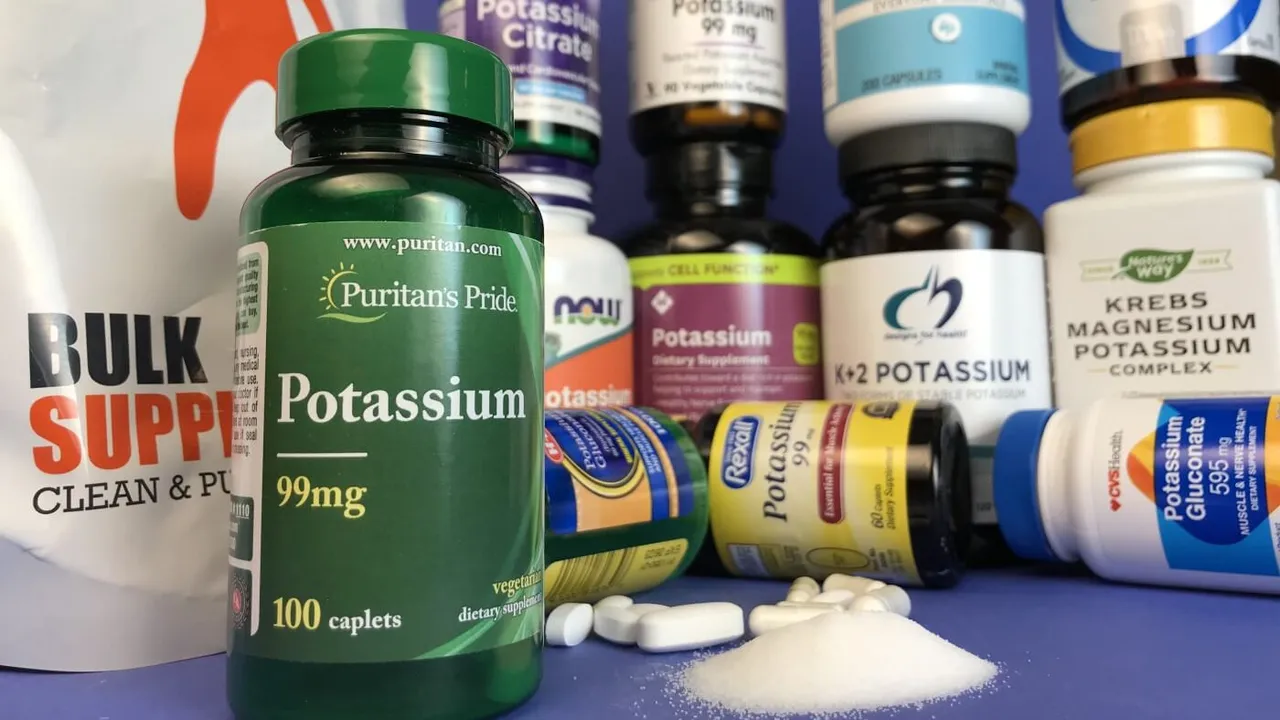Peppermint Oil Capsules: Benefits and Potential Risks

Discover the benefits of Peppermint Oil capsules for relieving IBS symptoms and improving digestion. Understand the potential risks associated with Peppermint Oil supplementation. Support your digestive health with Peppermint Oil.
Understanding Peppermint Oil and Its Digestive Benefits
Peppermint oil has been used for centuries to treat a variety of ailments, but it's particularly well-known for its digestive benefits. The active ingredient, menthol, has a relaxing effect on the smooth muscles of the gastrointestinal tract. This can help alleviate symptoms like bloating, gas, and abdominal discomfort. But how exactly does it work?
Menthol works by blocking calcium channels in smooth muscle cells, which reduces muscle spasms. This is especially helpful for people with Irritable Bowel Syndrome (IBS), a common disorder that affects the large intestine. IBS can cause symptoms like abdominal pain, cramping, bloating, gas, diarrhea, and constipation. Peppermint oil can help manage these symptoms by relaxing the intestinal muscles and reducing spasms.
Beyond IBS, peppermint oil can also help with general indigestion, nausea, and even motion sickness. It stimulates bile flow, which helps your body digest fats more efficiently. This can reduce feelings of fullness and discomfort after meals.
Peppermint Oil Capsules for IBS Relief and Gut Health
One of the primary uses of peppermint oil capsules is to alleviate symptoms of Irritable Bowel Syndrome (IBS). Studies have shown that peppermint oil can significantly reduce abdominal pain, bloating, and gas in individuals with IBS. The menthol in peppermint oil helps relax the muscles in the digestive tract, reducing spasms and discomfort. This makes it a natural alternative to traditional medications for managing IBS symptoms.
Beyond IBS, peppermint oil capsules can also aid in general gut health. They can help reduce bloating, indigestion, and nausea. The oil's antimicrobial properties can help balance the gut microbiome, promoting a healthier digestive system overall. By stimulating bile flow, peppermint oil aids in the digestion of fats, reducing feelings of fullness and discomfort after meals.
Choosing the Right Peppermint Oil Capsules Dosage and Formulation
When choosing peppermint oil capsules, it's important to consider the dosage and formulation. Most capsules contain between 180mg and 200mg of peppermint oil. It's crucial to follow the recommended dosage instructions on the product label or as advised by a healthcare professional. Starting with a lower dose and gradually increasing it can help minimize potential side effects.
Enteric-coated capsules are often recommended. These capsules are designed to resist stomach acid and release the peppermint oil directly into the small intestine. This helps prevent heartburn, a common side effect of peppermint oil. Look for products that are third-party tested to ensure quality and purity. Also, consider whether the capsules contain other ingredients like ginger or fennel, which can further enhance digestive benefits.
Potential Risks and Side Effects of Peppermint Oil Supplementation
While peppermint oil is generally considered safe, it's important to be aware of potential risks and side effects. The most common side effect is heartburn. This occurs because peppermint oil can relax the lower esophageal sphincter, allowing stomach acid to flow back into the esophagus. Using enteric-coated capsules can help minimize this risk.
Other potential side effects include nausea, vomiting, and diarrhea. These are usually mild and temporary. Peppermint oil can also interact with certain medications, such as antacids and H2 blockers. It's essential to consult with a healthcare professional before starting peppermint oil supplementation, especially if you have any underlying health conditions or are taking medications.
In rare cases, allergic reactions to peppermint oil can occur. Symptoms may include skin rash, itching, and difficulty breathing. If you experience any signs of an allergic reaction, discontinue use and seek medical attention immediately.
Comparing Different Peppermint Oil Capsule Brands and Products
With numerous brands offering peppermint oil capsules, it's essential to compare products to find the best option for your needs. Here are a few popular brands and their key features:
- Nature's Way Peppermint Oil: This brand offers enteric-coated capsules with 180mg of peppermint oil per serving. It's a popular choice for IBS relief and general digestive support. Price: Approximately $10-$15 per bottle.
- Heather's Tummy Tamers Peppermint Oil Capsules: Specifically designed for IBS, these capsules contain 200mg of peppermint oil and are enteric-coated. They are highly rated for their effectiveness in reducing IBS symptoms. Price: Approximately $20-$25 per bottle.
- NOW Foods Peppermint Gels: These softgels contain 180mg of peppermint oil and are enteric-coated. They are a budget-friendly option for digestive support. Price: Approximately $8-$12 per bottle.
- Integrative Therapeutics Peppermint Relief: This product combines peppermint oil with ginger and fennel for enhanced digestive benefits. It's a good option for individuals with multiple digestive issues. Price: Approximately $25-$30 per bottle.
When comparing products, consider the dosage, formulation (enteric-coated or not), additional ingredients, third-party testing, and price. Reading customer reviews can also provide valuable insights into the effectiveness of different brands.
Recommended Usage Scenarios for Peppermint Oil Capsules
Peppermint oil capsules can be used in various scenarios to support digestive health. Here are a few recommended uses:
- IBS Symptom Management: Take peppermint oil capsules before meals to help reduce abdominal pain, bloating, and gas associated with IBS.
- Indigestion Relief: Take a capsule after a heavy meal to aid in digestion and reduce feelings of fullness and discomfort.
- Nausea Reduction: Take a capsule before traveling or during periods of nausea to help alleviate symptoms.
- General Digestive Support: Take a capsule daily to promote a healthy digestive system and maintain gut balance.
It's important to follow the recommended dosage instructions and consult with a healthcare professional if you have any concerns or underlying health conditions.
User Reviews and Real-Life Experiences with Peppermint Oil
Many users have reported positive experiences with peppermint oil capsules for digestive health. Some have found significant relief from IBS symptoms, while others have experienced reduced bloating and indigestion. Here are a few excerpts from user reviews:
"I've been struggling with IBS for years, and peppermint oil capsules have been a game-changer for me. They help reduce my abdominal pain and bloating significantly." - Sarah J.
"I take peppermint oil capsules after every heavy meal, and they help me digest my food much better. I no longer feel bloated and uncomfortable." - Michael B.
"I was skeptical at first, but peppermint oil capsules have really helped with my nausea. I take them before traveling, and I no longer experience motion sickness." - Emily K.
However, it's important to note that individual results may vary. Some users may not experience significant benefits from peppermint oil capsules, while others may experience side effects. It's essential to listen to your body and consult with a healthcare professional if you have any concerns.
Integrating Peppermint Oil into Your Daily Digestive Health Routine
Adding peppermint oil capsules into your daily routine can be a simple way to support digestive health. Here's a suggested approach:
- Consult with a Healthcare Professional: Before starting any new supplement, it's essential to consult with a healthcare professional, especially if you have any underlying health conditions or are taking medications.
- Choose the Right Product: Select a high-quality peppermint oil capsule product from a reputable brand. Look for enteric-coated capsules and third-party testing.
- Follow Dosage Instructions: Adhere to the recommended dosage instructions on the product label or as advised by a healthcare professional.
- Take Capsules Before or After Meals: Depending on your needs, take peppermint oil capsules before meals to prevent symptoms or after meals to aid in digestion.
- Monitor Your Symptoms: Pay attention to how your body responds to peppermint oil capsules. If you experience any side effects, reduce the dosage or discontinue use.
- Combine with a Healthy Diet: Peppermint oil capsules work best when combined with a healthy diet rich in fiber, fruits, and vegetables.
- Stay Hydrated: Drink plenty of water to support digestion and prevent constipation.
By following these steps, you can effectively integrate peppermint oil capsules into your daily routine and support your digestive health.
Other Natural Remedies to Complement Peppermint Oil's Effects
While peppermint oil capsules can be effective on their own, combining them with other natural remedies can further enhance their benefits. Here are a few complementary remedies:
- Ginger: Ginger has anti-inflammatory and anti-nausea properties. It can help reduce bloating, gas, and nausea when taken in combination with peppermint oil.
- Fennel: Fennel is a natural digestive aid that can help reduce bloating and gas. It's often included in peppermint oil capsule formulations for enhanced benefits.
- Probiotics: Probiotics help balance the gut microbiome, promoting a healthier digestive system overall. Taking probiotics in conjunction with peppermint oil can improve gut health.
- Fiber: Fiber adds bulk to the stool and promotes regular bowel movements. Increasing your fiber intake can help reduce constipation associated with IBS.
- Chamomile Tea: Chamomile tea has calming properties that can help reduce stress and anxiety, which can exacerbate digestive symptoms.
By incorporating these natural remedies into your routine, you can create a comprehensive approach to digestive health.
:max_bytes(150000):strip_icc()/277019-baked-pork-chops-with-cream-of-mushroom-soup-DDMFS-beauty-4x3-BG-7505-5762b731cf30447d9cbbbbbf387beafa.jpg)






